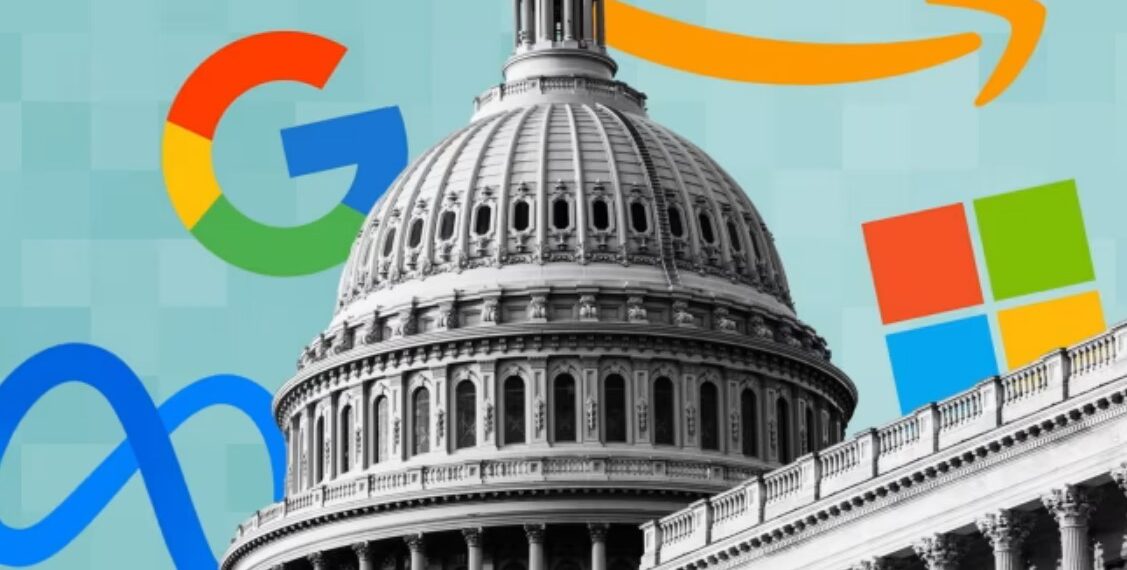WASHINGTON (Realist English). Major US technology firms — including Amazon, Google, Microsoft and Meta* — are lobbying Congress to impose a 10-year federal ban on state-level regulation of artificial intelligence models. The initiative, embedded in the House version of President Donald Trump’s latest budget package, has ignited controversy within both the tech sector and the Republican Party.
According to the Financial Times, lobbyists representing the companies are pressing senators to adopt the measure before July 4, arguing that a fragmented legal landscape would hinder American innovation and allow China to pull ahead in the race for AI dominance.
The proposal is supported by INCOMPAS, a trade association whose members include cloud providers, infrastructure firms and law practices. Its CEO, former congressman Chip Pickering, called the initiative “the right policy at the right time for American leadership.”
The provision would bar individual US states from enacting their own AI-related laws for a decade. Critics say the move is designed to cement Big Tech’s control over the sector while avoiding scrutiny. “It’s a power grab by tech bro-ligarchs,” said Max Tegmark, MIT professor and head of the Future of Life Institute, which advocates for AI safety regulation.
Others, like Asad Ramzanali of the Vanderbilt Policy Accelerator, argue that “responsible innovation shouldn’t fear laws that ban irresponsible practices.”
The initiative has exposed fault lines within the Republican Party. While some, like Senator Thom Tillis, support the measure to prevent “regulatory chaos,” others — including Senators Josh Hawley and Marsha Blackburn — oppose it on states’ rights grounds. Representative Marjorie Taylor Greene went further, calling the proposal “potentially dangerous” and urging the Senate to block it.
To navigate procedural hurdles in the Senate, Senator Ted Cruz has proposed tying the moratorium to federal broadband funding — penalizing states that defy the ban by making them ineligible for infrastructure grants.
Meanwhile, OpenAI CEO Sam Altman warned lawmakers that requiring firms to meet safety benchmarks before releasing new models — as in the EU — could “disastrously” slow US innovation. Yet critics counter that such self-regulation risks major societal harm, as companies race to deploy increasingly powerful AI systems.
The proposed federal preemption of state AI laws reflects a broader struggle over the future of digital governance in the US. With no comprehensive national AI regulation in place, the lobbying campaign marks a decisive attempt by industry leaders to shape — or stall — the rules under which they operate.
* Meta — recognized globally as the parent company of Facebook and Instagram — is banned in Russia as an extremist organization


















